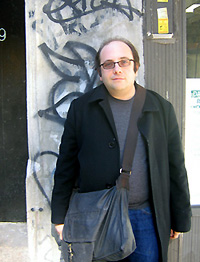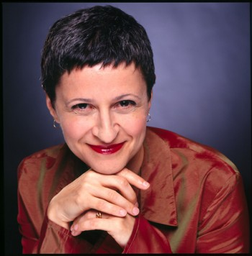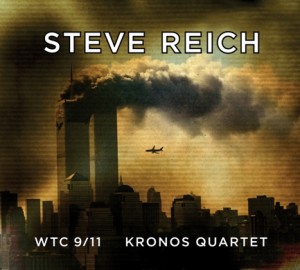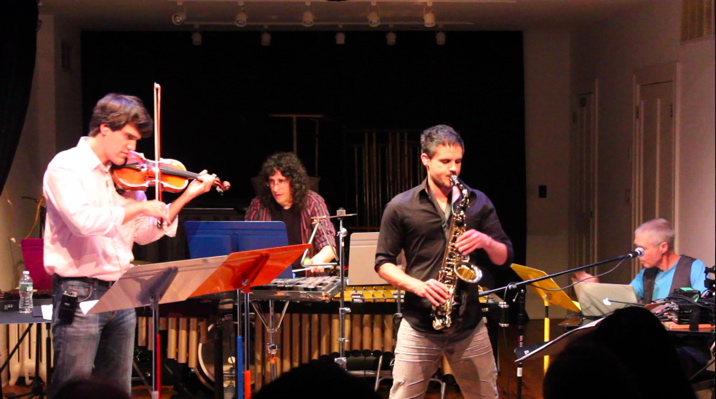Last year, saxophonist Trygve Seim and pianist Andreas Utnem collaborated on Purcor, a recording for the ECM imprint (Seim’s sixth as leader). Drawing on material from a wide range of sources, including settings of the Mass, folk music, and Seim’s own compositions, it was among the recordings in frequent rotation when I got home from the hospital this past November. Needing a calm environment in which to regenerate and reflect, I found Purcor to be the perfect listening to accompany a healing respite.
Meditative yet soulful, earnest yet elegant, gently articulated yet substantively thoughtful, Seim and Utnem craft a series of duets that are spellbinding. Consistently succor supplying and diverse in mood and musical approach, the compositions on Purcor inhabit both jazz and an ecumenical kind of musical liturgy.
Given what they’ve crafted on the recording, I have no doubt that Seim and Utnem will provide an affecting evening of music this Sunday. Those seeking solace in artistic expression during this weekend’s commemoration of the September 11, 2001 attacks have many options from which to choose, including a marathon we’ve also mentioned as an excellent option. Seim and Utnem will doubtless provide calm in the midst of storms of media frenzy, terror alerts, and turbulent memories. Recommended.
In Concert
Trygve Seim / Andreas Utnem
September 11th, 7pm
Norwegian Seamen’s Church
317 East 52nd Street
New York, NY 10022-6302
(212) 319-0370
Free of charge
Trygve Seim: tenor and soprano saxophones
Andreas Utnem: piano, harmonium












